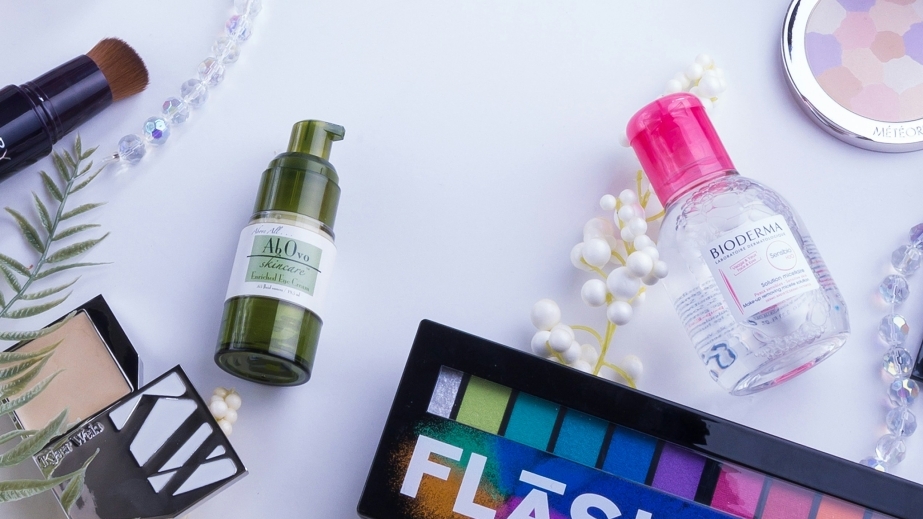 Photo by Jake Peterson from Unsplash
Photo by Jake Peterson from Unsplash
Indonesian consumers pivot towards halal cosmetics: analyst
The sector will achieve a CAGR of 3% to 4% in APAC from 2022 to 2027.
Indonesia has propelled the popularity of halal cosmetics, with notable companies targeting both Muslim and non-Muslim customers and becoming a major market in the health and beauty sector, analysts at GlobalData said.
According to GlobalData's report, Indonesian companies that feature halal cosmetics will gain a compound annual growth rate (CAGR) of 3% to 4% over APAC from 2022 to 2027.
Mani Bhushan Shukla, Consumer Analyst at GlobalData said that this prompted companies to make significant investments towards halal cosmetics.
"Unilever invested $6m in Esqa, an Indonesian beauty brand. Indonesia’s Rose All Day Cosmetics (RADC), amongst other Halal-certified cosmetics companies, achieved a substantial fourfold rise in their annual revenue during 2022, indicating the surge in the demand for halal cosmetics in the country," Shukla said
ALSO READ: Foodservice is the next hot ticket for luxury maisons in Asia
In addition, 44% of Indonesians trust products with “good value for money” on beauty and grooming products. That trust is usually prompted by their popularity in online channels like Facebook, YouTube, Instagram, Line, KakaoStory, TikTok, and WeChat.
“By emphasising product quality and ingredient safety, halal cosmetic makers can gain mass retail acceptance. Millennials and Gen Z cohorts, who pay close attention to the ingredients in beauty products, are likely to be enticed by such offerings,” Tim Hill, Key Account Director - SE Asia at GlobalData, said.























 Advertise
Advertise






